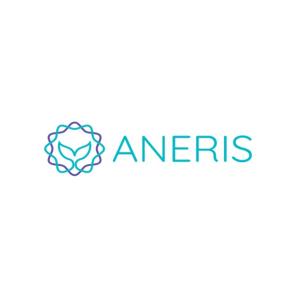 \
&
Contact us
\
&
Contact us
 \
&
Contact us
\
&
Contact us
Published on | 10 months ago
ProgrammesThe aim of these cascading grants is to enhance the activities of RDA Working Groups through the adoption and further development of Working Group outputs. With a focus on outputs that lead to impact on the Open Science landscape, the cascading grants will ultimately contribute to the interoperability of Open Science solutions within the European Open Science Cloud (EOSC).
The cascading grants call is open not just to RDA Working Groups seeking to facilitate the adoption of their outputs, but also to organisations outside the RDA (for instance, research institutes or private companies) who wish to adopt an RDA output or recommendation. Any entity eligible to receive Horizon Europe funding can apply, barring consortium members of the RDA TIGER project.
The total budget made available with this cascade grants call is €50,000 and it is expected to award between 3 and 5 grants with a funding range between €10,000 – €16,666, depending on applications received.
The deadline for applications is 27 April 2025. The selected projects are expected to be launched in May 2025 and need to be concluded by the end of October 2025.
All information related to the call is available on this section of the RDA Alliance website.
The RDA TIGER project
RDA TIGER is an abbreviation of Research Data Alliance facilitation of Targeted International working Groups for EOSC-related Research solutions. It is a two-year project funded under the Horizon Europe Research Infrastructures work programme, more specifically the destination Enabling an operational, open and fair EOSC ecosystem (INFRAEOSC).
The project supports RDA Working Groups that concretely align, harmonise, and standardise Open Science developments and technologies globally. The services it provides will facilitate and support coherent and consistent working group definitions and increase the impact of the key European initiatives on the global level.
The project will directly contribute to the EOSC Partnership by supporting (via the Working Groups) the international engagement and alignment of policies, technologies, methodologies, practices and other outputs of EOSC-related and other European Open Science developments. More information about the RDA TIGER project can be found here.
We offer news and event updates, covering all domains and topics of Horizon Europe, Digital Europe & EDF (and occasionally, for ongoing projects, Horizon 2020).
Stay informed about what matters to you.
By signing up, you can opt in for e-mail notifications and get access to
a personalised dashboard that groups all news updates and event announcements in your domain(s).
Only for stakeholders located in Flanders
Security Digital, Industry & Space Cybersecurity
On 28 January 2026, the SECURE project has launched a first round of financial support measures to help small businesses achieve compliance with new cybersecurity requirements for their hardware and software products. This will allow micro, small and medium enterprises (MSMEs) to request co-funding to strengthen the cybersecurity of their hardware... read more
Climate, Energy, Mobility Horizon Europe HorizonEU L+F
The well-known Excel template used to prepare and submit the detailed budget in lump sum proposals will be successively replaced in the course of 2026 by an online detailed budget table, integrated directly in the Part A application forms. The new format is currently used in 9 topics in Cluster 5 (see list below). When preparing the project proposa... read more

Funded under Horizon Europe (HORIZON-INFRA-2022-TECH-01) and running from 2023 to 2026, the ANERIS project aims to tackle the rapid loss of ocean biodiversity. The project’s main objective is to develop, test and implement the next generation of scientific instrumentation tools and methods for sensing and monitoring marine-life. Another key concept of the project is the introduction of the concept of Operational Marine Biology (OMB) as a biodiversity information system. The project consortium consists of 25 partners from 13 countries. Read more about the project and the contribution of Flemish partner VLIZ in this testimonial.